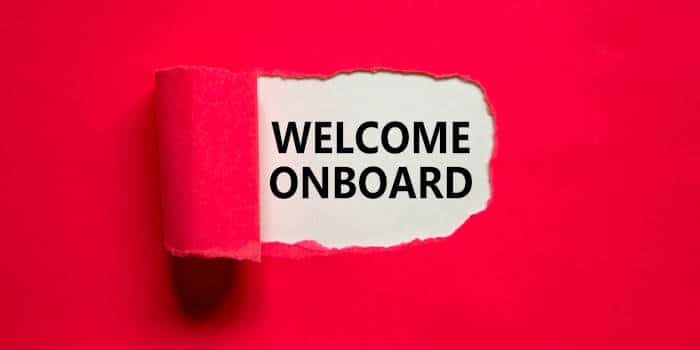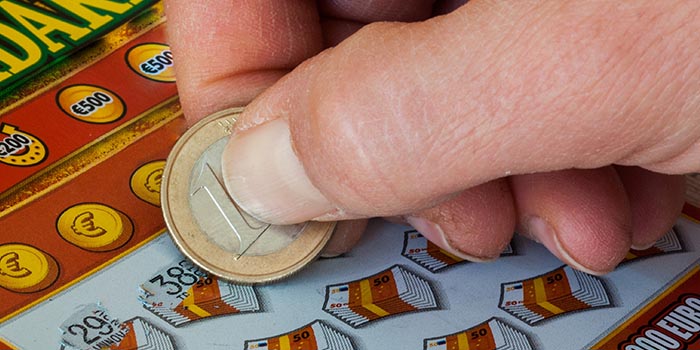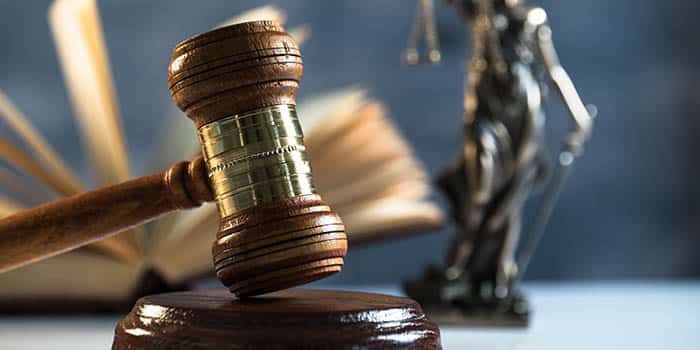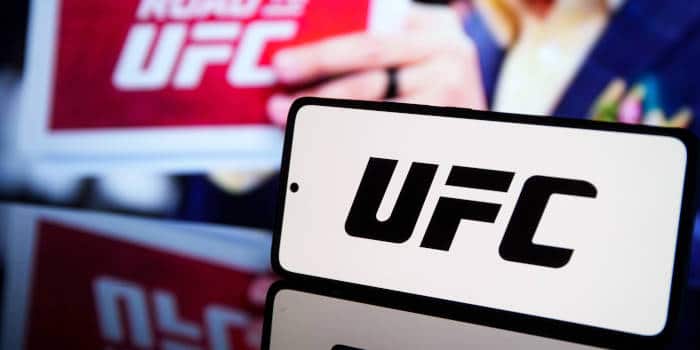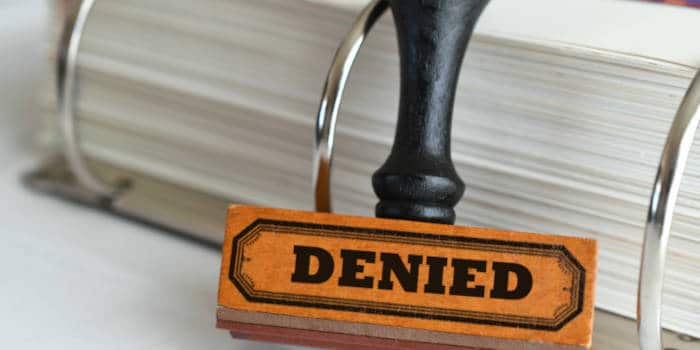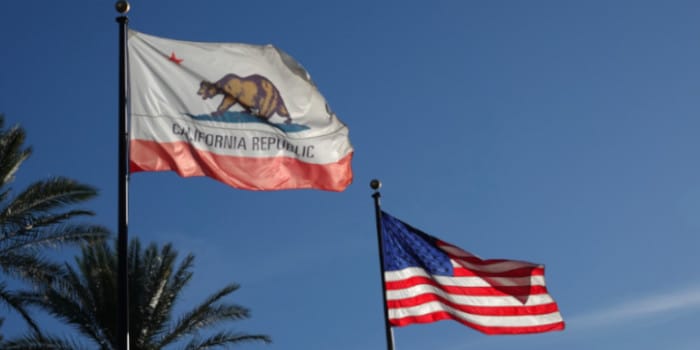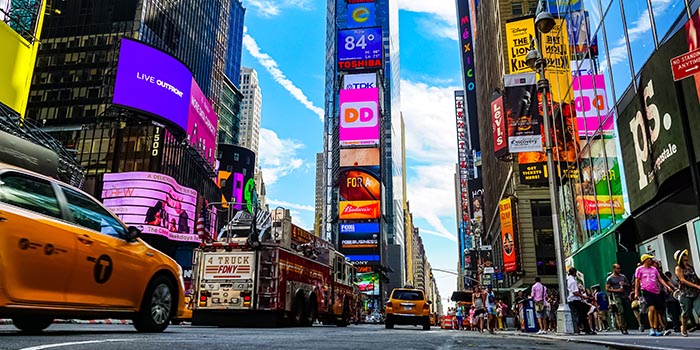- Casino
- By State
- Alabama
- Alaska
- Arizona
- Arkansas
- California
- Colorado
- Connecticut
- Delaware
- Georgia
- Florida
- Hawaii
- Idaho
- Illinois
- Indiana
- Iowa
- Kansas
- Kentucky
- Louisiana
- Maine
- Massachusetts
- Maryland
- Michigan
- Minnesota
- Mississippi
- Missouri
- Montana
- Nebraska
- Nevada
- New Hampshire
- New Jersey
- New Mexico
- New York
- North Carolina
- North Dakota
- Ohio
- Oklahoma
- Oregon
- Pennsylvania
- Rhode Island
- South Carolina
- South Dakota
- Tennessee
- Texas
- Utah
- Vermont
- Virginia
- Washington
- West Virginia
- Wisconsin
- Wyoming
- By State
- Slots
- Poker
- Sports
- Esports
Sports Wagering May Come to Del Mar Fairgrounds as Early as 2023

Sports betting fans in California are in for a treat, as they might be able to place bets on SDSU Aztec Games and the San Diego Padres as early as 2023. The board of directors of the 22nd District Agricultural Association made a unanimous decision to allow sports betting on both collegiate and professional sports at the Del Mar Fairgrounds. The board of directors, which runs the fairgrounds, only has one obstacle – voters in California need to approve it on the ballot in November 2022.
Del Mar Fairgrounds Could Get a Sportsbook
Del Mar Thoroughbred Club’s president and chief operating officer, Josh Rubinstein, had a few words to share at the 22nd board of directors meeting of DAA, which took place last Tuesday. He said that under the ballot initiative, Del Mar is the only state fairgrounds that would have a certain revenue for betting on sports. The Del Mar situation is sort of unique due to the relationship that the 22nd DAA has with the Thoroughbred Club. The Club leases the viewing stands, the racetrack and the district’s related properties.
After the Supreme Court’s decision in 2018, through which states other than Nevada were allowed to legalize sports betting, the path for this industry has been paved and now, Americans are able to wager on pretty much everything that they can think of – from sports to politics. Recently, two NFL bets were even placed from space.
Since that 2018 ruling, more than 20 US states have legalized betting on collegiate and professional sports and are collecting significant revenue from it. In the next year or two, several other states are likely to legalize sports betting.
Rubinstein stated that if California citizens do not vote in favor of legalizing sports betting in the state, then all plans will go out the window. The ballot initiative is written by Native American tribes and according to it, sports betting will be allowed at Native American casinos and at horse racing tracks that are authorized in the following four counties: San Diego, Alameda, Orange and Los Angeles.
Revenue would be pouring in from the increased $2 million rent that the Club pays to the fairgrounds to host the yearly events and from other things that are sold on-site such as beverages and food. The Thoroughbred Club would also hire a betting operator to oversee the partnership.
Board Members Not Against Sports Betting But Objected to Horse Races
During the board meeting, no one argued that sports betting shouldn’t be allowed; however, the people there reject horse racing. Some of the speakers stated that the directors should hold out to have a bigger profit.
Lori Saldana, a former San Diego state Assemblymember, stated that California would receive billions of dollars in sports betting if the industry were legalized. She added that the Thoroughbred Club should be insulted by the $2 million increase in rent, as it is a lowball offer. She added that the Club doesn’t have to rush and, therefore, should not accept these agreements.
Fairgrounds officials had a different opinion. According to them, time is a major factor. The officials also added that there are a few operators that are qualified in the country and Del Mar could lose out if the operators decide to sign contracts somewhere else.
Richard Valdez, the board President, along with some directors, stated that the financial deal was very reasonable and if the venture is successful, it could be renegotiated. Director Fred Schenk acknowledged the fact that horse racing, in general, is in decline, and said that if needed, new sources of revenue will be added. He also noted that for the first time, no one at the meeting had something to say against wagering. According to him, there was no opposition and the general idea was to get more, instead of less.
Rubinstein stated that the agreement on sports betting will be subject to several conditions, one of which is the fact that the track needs to have a top-rated partner operate the sports betting activities. Wagering would be conducted at the Del Mar Saddle Club, a part of the Surfside Race Place. Back in the day, it was used for off-track bets on horse racing events that were taking place around the US and the world. The Saddle Club was excluded from the renovation that turned a majority of the facility into a center that hosts various concerts and events.
He added that the Saddle Club is a fantastic place, but the only problem is that it hasn’t been operational for several years, and it requires a bit of ‘make-up’ such as new wall paintings, TVs and carpets.
The Idea of Sports Betting Has Been Around Since 2018
Fair board directors have been discussing sports betting since 2018, but no action was taken until now. The pandemic in 2020 canceled the fairgrounds events that were the most profitable, one of which was the San Diego County Fair. That resulted in a massive financial decline that led to more than a third of the employees being laid off in October 2020. At the time, the fairgrounds had 158 full-time employees. This year, large events came back and thus, there was a scaled-back version of the county fair, but the agricultural district continues to have financial problems.
Director Lisa Barkett, who supports approving sports betting without any delay, stated that the agricultural district has been struggling. She also said that since the competition is tough, the company will lose a lot if it waits.
New Jersey is the largest sports betting market in the country. In 2020, its tax revenue was $49.4 million, as reported by the National Conference of State Legislatures. In December 2020 alone, it had almost a billion in handle. Pennsylvania occupied the second spot with a $38.7 million revenue.
According to Gaming Today, the Coalition to Authorize Regulated Sports Wagering, which is organized by the tribe, has spent $12 million on the California ballot initiative so far. Pechanga Band of Luiseno Mission Indians is one of the biggest contributors and this company operates Pechanga Resort & Casino, located in the vicinity of Temecula.
The chairman of the Pechanga Band, Mark Macarro, spoke on the ballot argument and stated that the citizens of California should be able to place sports bets at safe, experienced and regulated locations. He thinks that this is an incremental but very important step towards the freedom of Californians to participate in these new activities responsibly.
The initiative is fought by a group of card rooms, with some of the members being the Hollywood Park Casino in Inglewood and the Bicycle Casino in Bell Gardens. Their group is called No On the Gambling Power Grab.
Kyle Kirkland, the president of the California Gaming Association, had an opposing argument for the ballot and stated that the initiative does not support sports betting or allow it to advance. Instead, it expands the tax monopoly of tribal casinos and provides rewards for operators that put profit over the health and safety of the public.
Tribal casino gambling in California was legalized in 1998 with a ballot proposition.
Related Topics:
Filip Mishevski has been covering online gambling and cryptocurrencies for the past decade. He has written countless articles, how-to-guides, insights and news, and is keen on sharing his extensive knowledge in the aforementioned fields. He’s very passionate about soccer and MMA and is interested in how the online gambling industry will shape our future and thus, influence our lives.
Previous Article

Industry
September 20, 2021
Sports Betting Reaches New Heights with Outer Space Bet

Must Read
Industry
July 8, 2025
Trump’s Gambling Tax Cap Draws Divided Opinions
More Articles




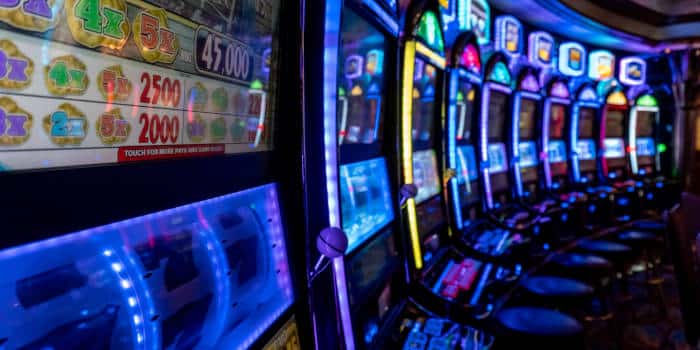
Casino
July 11, 2025
IGT Reveals Multiple Jackpots Throughout June
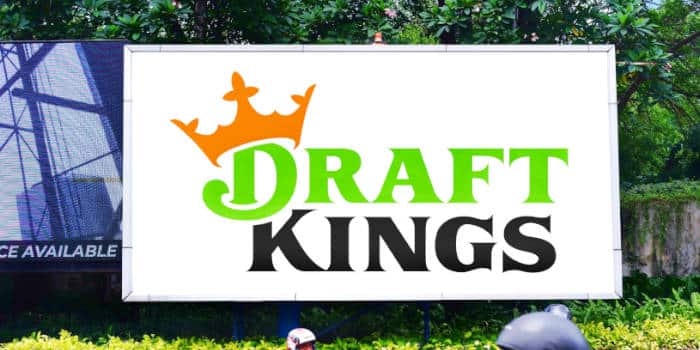
Sports
July 11, 2025
DraftKings to Give Back Over $3M to Connecticut Users
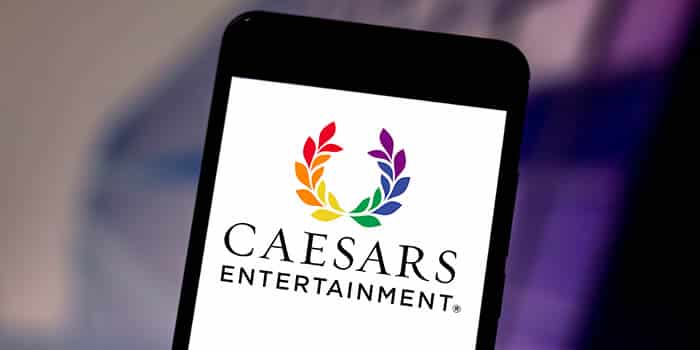
Casino
July 11, 2025
Caesars Introduces Digital Wallet in Nevada
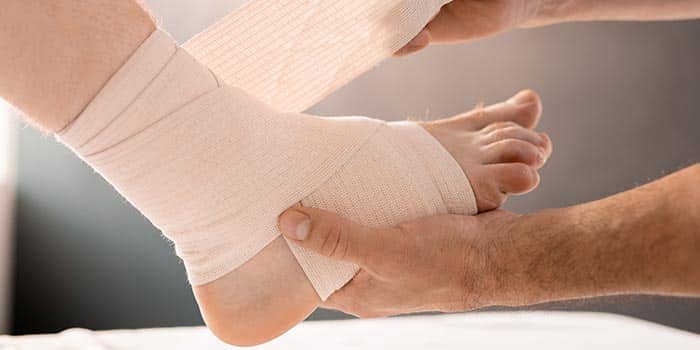
Sports
July 10, 2025
NJ Bans Sportsbook Deals With Public Colleges



